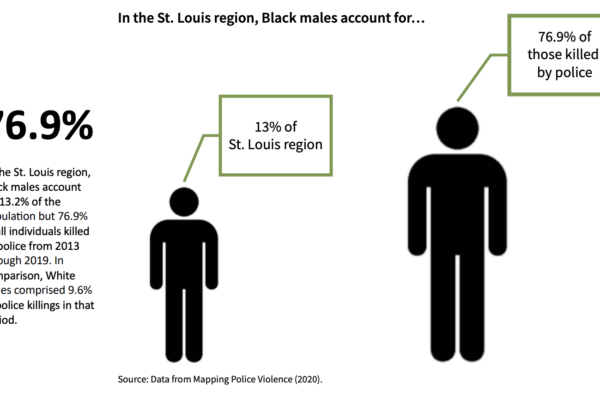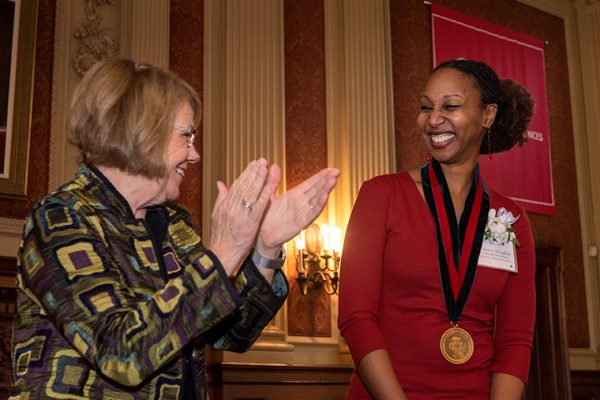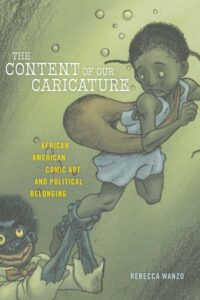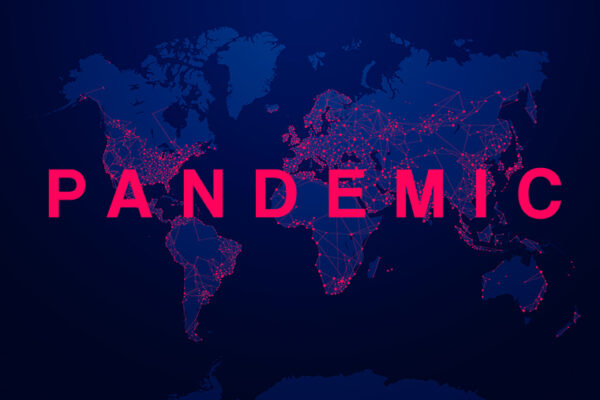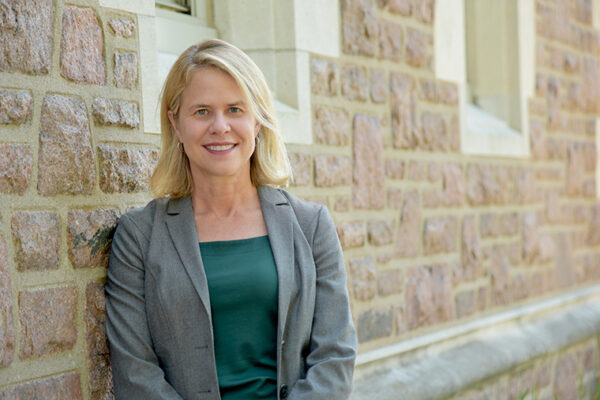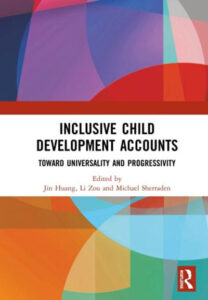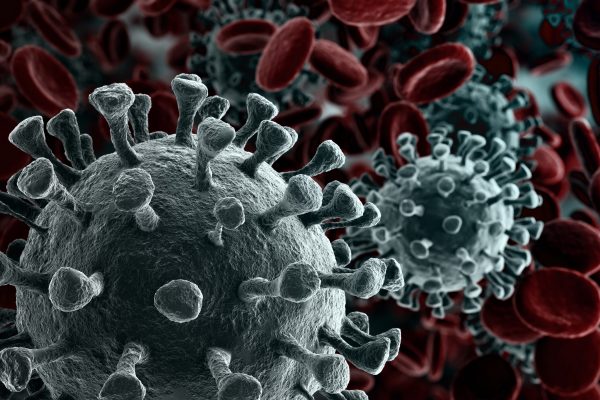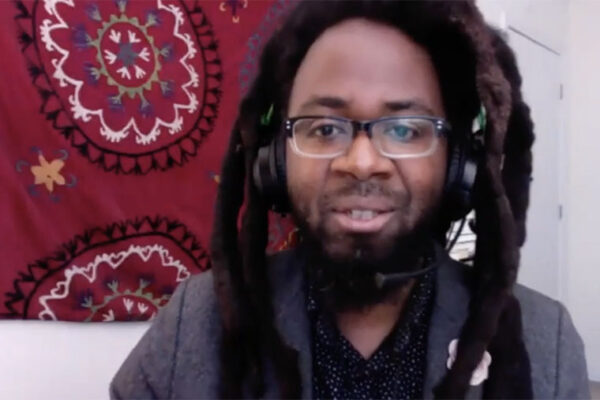Brown School’s Race and Opportunity Lab recommends specific policing reforms
As the nation struggles with police violence, a new report from HomeGrown StL in the Race and Opportunity Lab at the Brown School at Washington University in St. Louis recommends reforms to build an equitable, transparent and accountable public safety approach that will include lawsuit liability, a police misconduct database and federal funding mandates.
Congress unlikely to act on police reform
The U.S. House and Senate are at a stalemate over enacting sweeping police reforms in the wake of the death of George Floyd and other Black Americans. The gulf between the Democratic and Republican proposed solutions is wide and neither side seems willing to bend, says an expert on criminal legal reform at Washington University in St. Louis.
Wingfield installed as Mary Tileston Hemenway Professor in Arts & Sciences
Adia Harvey Wingfield, a leading sociology expert in gender equity and racial inequality, has been installed as the Mary Tileston Hemenway Professor in Arts & Sciences at Washington University in St. Louis. Wingfield was installed by Barbara Schaal, dean of the faculty of Arts & Sciences.
The Content of Our Caricature
African American Comic Art and Political Belonging
Traces the history of racial caricature and the ways that Black cartoonists have turned this visual grammar on its head. Revealing the long aesthetic tradition of African American cartoonists who have made use of racist caricature as a Black diasporic art practice, Rebecca Wanzo demonstrates how these artists have resisted histories of visual imperialism and […]
Five lessons from HIV to guide COVID-19 approach
Over the years, the global HIV response has provided the modern medical community with valuable experience about responding to outbreaks and preventing the spread of the disease. These lessons should inform our approach to COVID-19 — especially in lower-income and Black communities, according to Shanti Parikh, associate professor of anthropology in Arts & Sciences at Washington University in St. Louis.
Stakes could not be higher in Supreme Court abortion case
Ahead of the anticipated SCOTUS ruling on landmark abortion case, Marie Griffith, director of the John C. Danforth Center on Religion and Politics at Washington University in St. Louis, discussed the Supreme Court case, the history of the abortion debate across religious/political lines and a way forward.
Religion may offer protective role for black adolescent boys who experience police abuse
In the wake of the deaths of George Floyd, Rayshard Brooks and many more, a new study from the Brown School at Washington University in St. Louis finds that religion may offer a protective role for black adolescent boys who experience police abuse.
Inclusive Child Development Accounts
Toward Universality and Progressivity
Inclusive Child Development Accounts showcases the global context of emerging asset-building policies and programs around Child Development Accounts.
WashU Expert: Coronavirus failures suggest problem with innovation policy
All of the issues surrounding COVID-19 trace back to a single legal stream, says an expert on drug policy and health law at Washington University in St. Louis. The lack of diagnostic testing. The lagging development and distribution of personal protective equipment. Shortages of ventilators. Finding prescription medication to treat the disease. They all are related by law and policy.
Juneteenth and collective progress
Douglas Flowe, assistant professor of history, discusses the history of Juneteenth and its continued resonance for all Americans.
Older Stories
